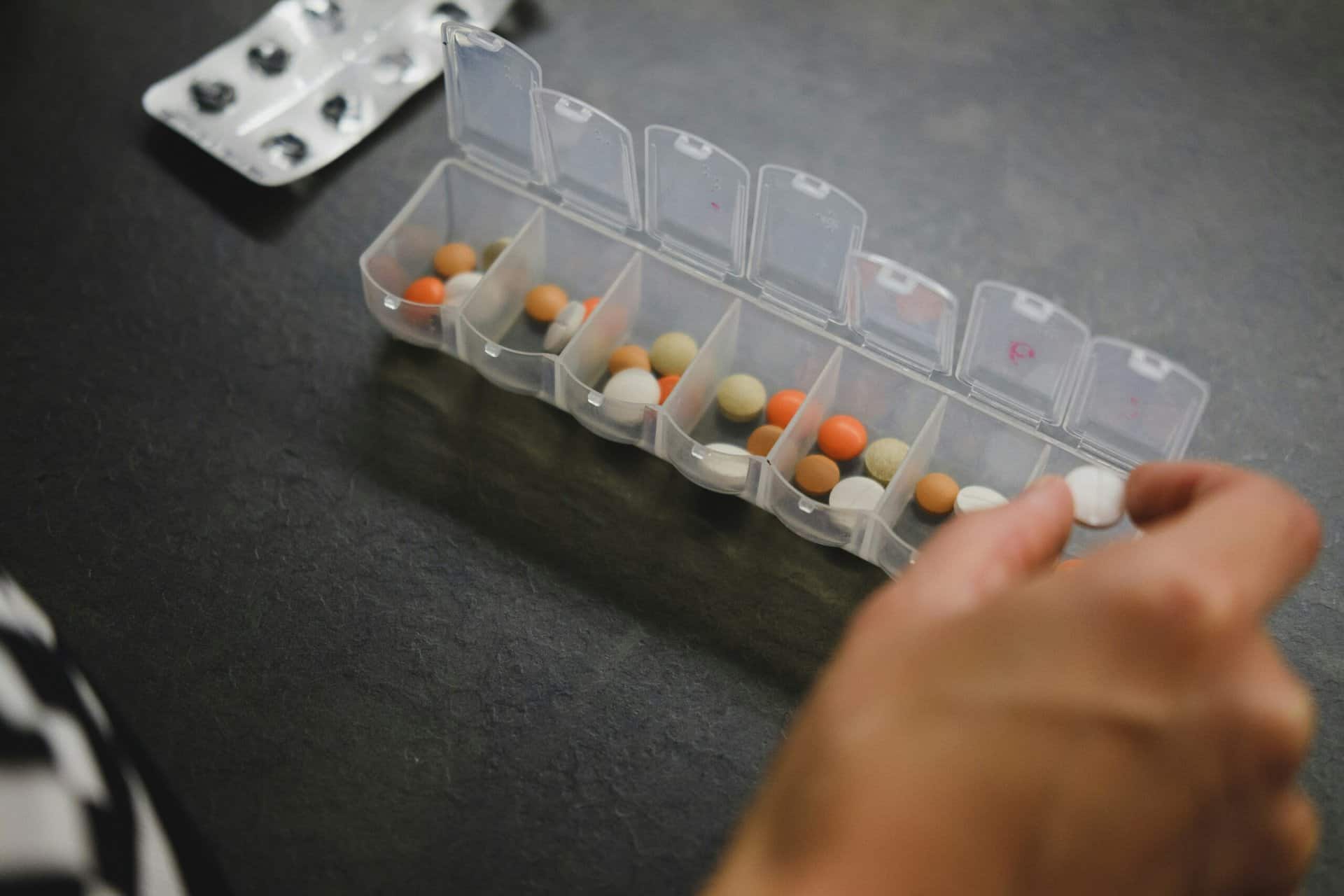“Where food meets faith” is the opening for a blog I want to feature here. Isabel D. Price is related to a dear friend of mine – so that is how I learned of her email blog “New Life Promise”.
She regularly reminds her readers that faith-focused food is all about finding nourishment. Although it is very food-focused, she explains that her focus is a lifestyle choice – one that can truly honor God’s gift to us by not putting toxic or highly-processed ingredients into our bodies.
Key verse on this? “Do you not know that your bodies are temples of the Holy Spirit, who is in you, whom you have received from God?” 1 Corinthians 6:19-20.
That is what she does monthly in her Live Smart program. She takes meals (and desserts) we all enjoy but are bad for our health – and with faith, love, and a little bit of science, she turns them into delicious, healthy alternatives. I love that idea.
But the particular topic I want to share with you today is her info on SALT.
I stumbled into a conversation with a group of genealogy friends as we all were working on assembling items for a fund-raiser and someone idly asked if salt was bad for you. I took the position it was not and pointed out it was necessary. Wow! It took off from there and the passion surrounding various positions was quite interesting!
Since then, I have paid more attention to the conversation, and research, and recommendations surrounding salt. This is a regular ingredient in so much of our food and diet – and there is a strong case that our bodies “need” salt.
So when Isabel shared the truth about salt in her writings, I found good information worth sharing – so here it is.
She agreed that while salt gets a bad reputation, the truth is, our bodies need salt. Then she added an important thought – you just have to be careful about which kind you use.
Isabel shared that refined table salt contains some pretty nasty things like anti-caking agents, sodium acetate, and preservatives which have been linked to high blood pressure and kidney problems.
But on the other end of the scale, she says we have unrefined SEA SALT that helps balance our blood sugar, strengthen our bones and regulate our metabolism. Because of the naturally-occurring nutrients and minerals, our bodies are able to get as many benefits as possible from this salt.
I appreciated her reference at this point in her blog to the Lord’s graciousness in giving us exactly what we need.
What I also appreciate is that Isabel tells you what you need to do in response to her information. Her advice? When you go shopping, you may find it difficult to get high-quality unrefined sea salt in stores (as she has realized). So she prefers to get hers directly from Ava Jane’s Kitchen (which is online).
She identified specifically “Colima Sea Salt” because it works well in her recipes in terms of both taste and health benefits. Interestingly, she says they only harvest it 16 weeks out of the year, so you can tell they care just as much as she does about the ingredients going into our bodies. Therefore, she always stocks up when it is available because her family uses this salt in everything and the supply is limited because they don’t harvest year-round.
As an added resource, Isabel has a Facebook group where you can ask more questions and interact with her on her advice and programs – it is called “New Life Promise Family” and you can ask to join if you want more about topics she covers.
I have visited the FB group and on the topic of salt was interested to see someone’s experience shared there. After Isabel’s teaching on salt (it is a chapter in her manual, I think), the person said she was not completely sold on the salt portion of Isabel’s plan because of her own clinical background which told her “salt is salt”, just sodium chloride.
But she then, at work, felt God prompt her to check the back of the salt packets. She was astounded – her comment? “why in the world are aluminum compounds and dextrose needed in salt?!?!”
Evidently, Isabel has also recommended Himalayan Pink Sea Salt, which is what I have used. I found out Isabel recommends it as well. In the group, this prompted the question about not seeing iodine as an ingredient in this product. The response was educational – unrefined sea salt does still contain iodine, but it’s considerably less than table salt. So if one needs more iodine based on blood tests or specific health reasons, you may want to look to other sources (which she noted can also be foods).
Not surprisingly, I loved her pointing to scripture and remembered Matthew 5:13 which says “You are the salt of the earth.”
My sources indicate that in biblical times, salt had two purposes in the middle east. Because of lack of refrigeration, salt was used to preserve food, especially meat. Jesus used this analogy for us as believers as we who are “in Christ” are preservatives to the world, preserving it from the evil inherent in the society of ungodly men corrupted by sin.
Secondly, salt was used as a flavor enhancer. Followers of Christ stand out as those who “enhance” the flavor of life in this world living in obedience to Christ with the Holy Spirit’s guidance. Believers will inevitably influence the world for good, as salt has a positive influence on the flavor of the food it seasons. Where there is strife, we are to be peacemakers; where there is sorrow, we are to be the ministers of Christ, binding up wounds, and where there is hatred, we are to exemplify the love of God in Christ, returning good for evil. (Luke 6:35)
So, I appreciated getting some healthy advice on salt as well as a healthy reminder of my role as salt of the earth! May you also be blessed by Isabel’s sharing and the supportive scripture!
Food and dietary supplement products sold by Youngevity are intended to contribute to the daily diet and overall health and are not intended for use in the prevention, treatment, mitigation, or cure of any disease or health-related condition. Individuals who have or suspect they have an illness or who wish to commence a diet or exercise program should consult an appropriately licensed health care practitioner for a medical history evaluation, diagnosis, treatment, and health recommendations.



